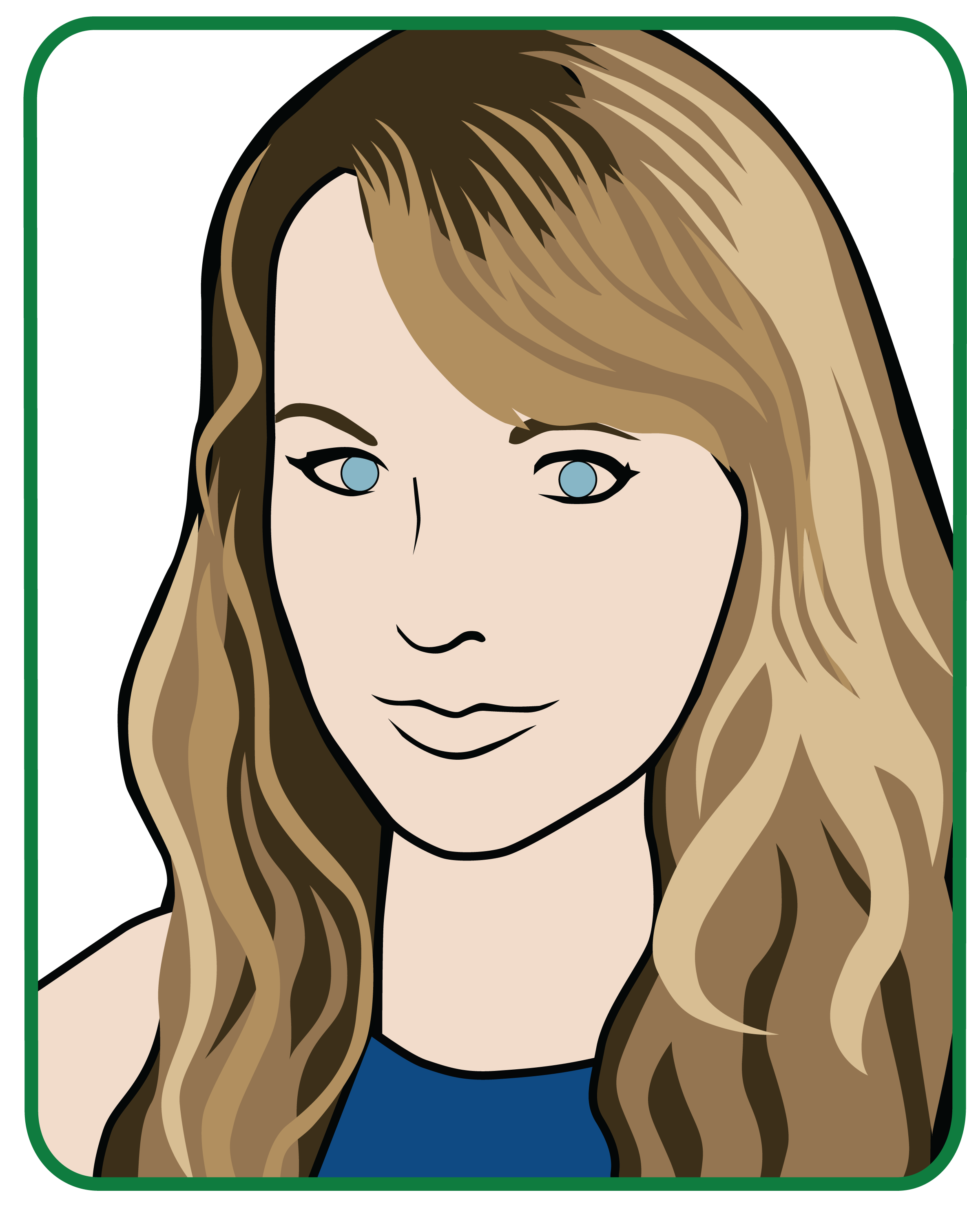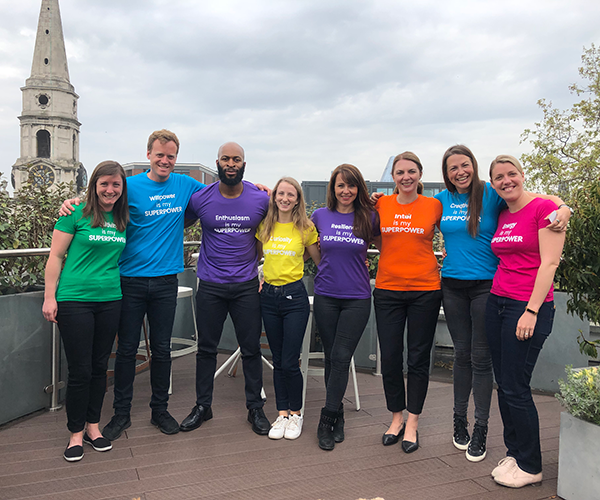What is an EHCP?
An EHCP is a legal document that is written by the Local Authority (LA) regarding your child’s additional educational and care needs. The plan will outline the type of support or intervention that the child will receive to ensure that their needs are being met. v
An education, health and care (EHCP) plan is for children and young people aged up to 25 who need more support than is available through mainstream special educational needs (SEN) support.
What is a 'Statement' of SEN?
The EHCP replaced ‘Statements of Educational Needs’ in 2014. All ‘Statements’ should now be converted into an EHCP.
How can EdPlace support SEN learners with an EHCP?
EdPlace has a new accessibility toolbar that has many SEND friendly features to aid learners with additional educational needs. The interactive and visual activities are both engaging and stimulating at the correct level for your child. Tasks can be highly differentiated and personally motivating rewards can be set to encourage engagement.
Create a bespoke colour palette for your child, optimising their preferred learning style with the colour changing backgrounds and specifically designed fonts. Reading rulers and windows reduce the amount of exposed text and the read-aloud option recites all of the text. All of these features and more overlay the education main resource.
Click a subject to try the accessibility toolbar and worksheets
English Maths Science
Who has an EHCP?
An EHCP can start from birth until the person reaches the age of 25. EHCPs are reviewed annually to ensure that the young person is receiving the appropriate intervention required, and to ensure that any changes are recorded and actioned.
Most children with special education needs are supported in school without the requirement of an EHCP. This is called SEN or SEND support. However, sometimes a child’s needs are so significant that an EHCP is required and extra or specialised intervention is necessary.
You can request that your LA completes an EHC assessment if you feel that your child’s needs are not being met in school. When the assessment period has finished, the LA will decide whether an EHCP is appropriate for your child.
What does an EHCP involve?
If your child is given an EHCP, you will be invited to a meeting with the LA and your child’s school to discuss the content of the plan. There are 12 main areas or sections that need to be discussed and addressed. They are as follows (in no particular order);
-
The views, interests and aspirations of you and your child or the young person.
-
Your child’s or young person’s special educational needs.
-
Health needs related to their SEN or to a disability.
-
Social care needs related to their SEN or to a disability.
-
Planned outcomes for your child or the young person.
-
Special educational provision. Provision must be specified for each and every need.
-
Any health provision required that is related to their SEN or to a disability.
-
Any social care provision that must be made for your child or young person under 18.
-
Any other social care provision required that is related to their SEN or to a disability.
-
The name and type of the school, maintained nursery school, post-16 institution or other institution to be attended.
-
Details of how any personal budget will support particular outcomes and the provision it will be used for.
-
The advice and information gathered during the EHC needs assessment
If the child is Year 9 or above, then there must be a provision mentioned for helping them to prepare for adult life.
EHCPs must be clear and concise and use terminology and language that is understandable for all that read it. Also, each EHCP must have a strict review date.
An EHCP must be written in conjunction with the child and their parent or guardian.
“Local authorities must consult the child and the child’s parent or the young person throughout the process of assessment and production of an EHCP.” (9.21)
Further information and the SEND Code of Practice
For a full list of EHCP requirements please see the ‘SEND code of Practice’ link below.
https://www.gov.uk/government/publications/send-code-of-practice-0-to-25
Changes to my child's needs
For some young people their EHCP will continue through until they are 25. However the EHCP will cease to apply if the young person goes to University, gets a job, the person directly requests that the EHCP stops or, if they no longer need any additional or specialist support.
If you require extra information or support you should contact your child’s SENCo at school or find your local SENDIASS (Special Educational Needs Information and Advice Support Service) and they can provide you with free and impartial advice.










